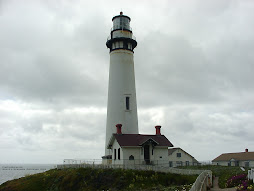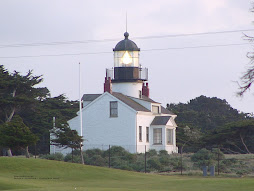When you are far from shore, and an emergency medical situation arises, how will you handle it? Will you panic, not knowing what to do, or will you be able to provide life saving care until professional help is available? The difference between the two may be a simple first aid course, and a well equipped first aid kit. This applies whether you are a coastal cruiser or plan to circumnavigate the world.
Many injuries are minor. Scrapes, scratches, small lacerations, minor burns and bruises are easily treated. But fractures, deep wounds, severe burns, heart attack, stroke and other serious injuries and illnesses, require immediate medical attention. A trained first aider can stabilize an injury or illness, and provide a window of time for paramedics or other professionals to respond. Often, a victim would die without prompt, proper first aid.
While there are some excellent commercially packaged first aid kits, your boat first aid kit should not be an impulsive purchase off the shelf. You need to put much thought into what you and your crew will need in an emergency.
Medications,for example, need to be fresh and in moisture tight over wrap, like small freezer bags. Be sure there is enough to last for the expected length of your trip, plus additional if your return is delayed. For longer voyages, get an extra copy of your prescription from your doctor, so you can have it filled when visiting a port with a pharmacy. Be aware that you may not be able to have all prescriptions filled at every pharmacy, particularly in sparsely inhabited areas or foreign ports, so carry enough for the trip. Also, don't carry drugs in unlabeled containers. It will be difficult enough to explain to authorities why you have controlled substances on board without a prescription or pharmacy labeled container, but it can be deadly to take the wrong drug.
First aid supplies should be carefully assembled to meet your needs and that of your crew. Consider medical histories, current health problems, allergies and sensitivities. Is anyone allergic to bee or wasp stings? Kits are available to prevent anaphylactic shock for those severely allergic to such stings, but you need to make preparations before you leave port. Splints, rescue breathers, bandages, eye wash solutions and other supplies are readily available. Depending on your voyage, you may also need a suture kit, and other supplies, to perform minor surgical procedures underway. Pain medications may also be needed for emergency use, and can be prescribed by your physician. You should discuss, with your physician, his or her recommendations for specific drugs, preparations and supplies when assembling your medical kit.
A first aid course should be mandatory for all cruisers, and is highly recommended even for the day sailor. Knowing what to do when an emergency strikes is critical to survival. The American Red Cross offers basic and advanced first aid courses. Other organizations offer courses on emergency medical procedures at sea, extremely worthwhile for the long distance cruiser. Several books are available on first aid afloat; obtaining a copy and reading it thoroughly, before you have an emergency, is smart.
I hope you never need to use your first aid kit in an emergency. But, being prepared for any emergency will make your trip more relaxed. Remember, the life you save could be your own.
Safe Boating.
Top 60 Boating Tips by Boating Magazine
Subscribe to:
Post Comments (Atom)













3 comments:
Health and Safety training course is the best way to protect yourself in emergency situation.
Thanks for sharing good tips regarding First Aid.
yes very right. thanks for sharing useful tips
First Response Training is the leading provider for emergency first aid and health and safety training in the UK. First Response now offers over 50 different courses to an average of 1000 students per week.
Post a Comment